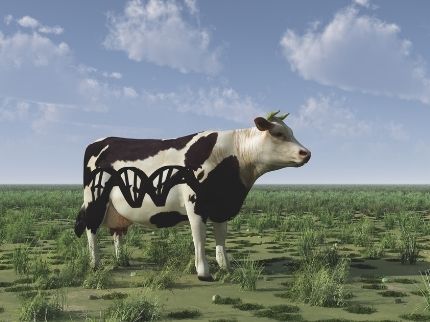Physical Address
304 North Cardinal St.
Dorchester Center, MA 02124

The idea of creating genetic passports for, plants, animals, microorganisms was a very hot topic between 2007 and looked like it was on it’s way to becoming a common, standard practice. However, at this time, for the most part, these burgeoning ideas seem to have been put on hold.
The idea to create genetic passports was suggested by the Technical Expert Group of the Convention on Biological Diversity in Lima, Peru and was backed by a group of experts from over 25 countries. The proposal, which stated that 150 countries, who signed a 1992 Convention on Biological Diversity (CBD) treaty, would have sovereignty over the genetic resources originating within their borders and could control the use of their genetic resources outside of their borders. They would do so by providing specific information such as the material’s origin, its characteristics and the institutions responsible for providing and/or using it.
While the proposal was widely praised and supported, it does not appear that it was ever adapted by the Convention on Biological Diversity. In fact, in a paper entitled “Genetic Diversity and Conservation and Utilization of Plant Genetic Resources” the author(s) state that:
Accurate passport and characterization data are the first requirements, but users of plant genetic resources, particularly plant breeders, have also emphasized the need for improved evaluation of accessions. Evaluation is a complex process and there is serious backlog in most collections.
However, you can be assured that genetic passports for non-human organisms is on it’s way even if it is not currently implemented. Were there is a will, there is a way.